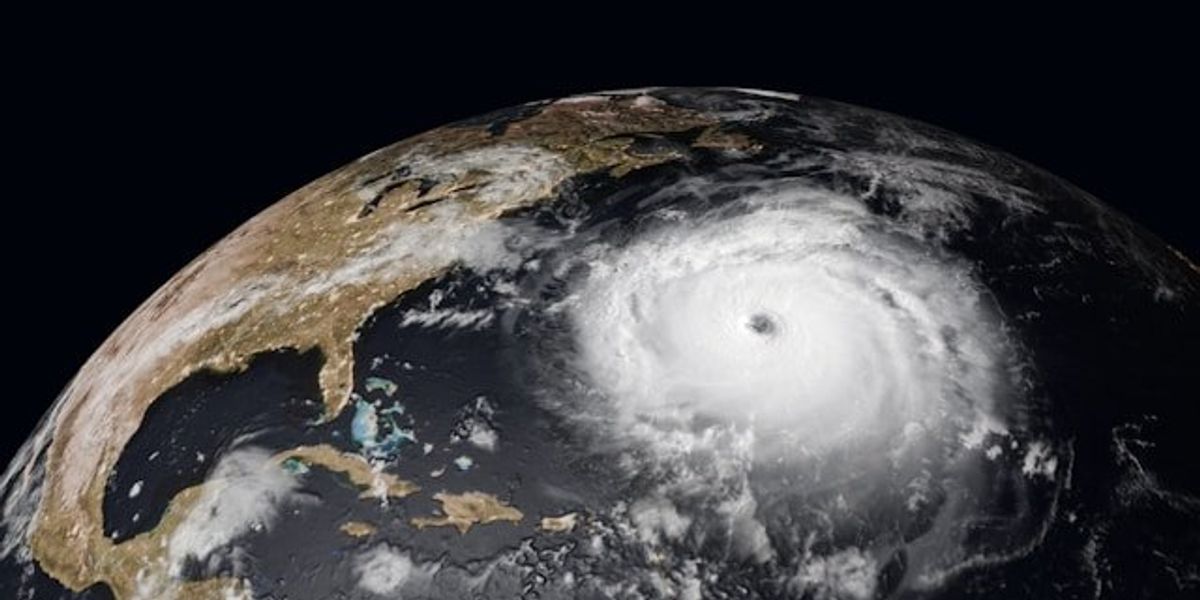Trump administration hands political appointees sweeping authority over federal science
A Trump executive order claims to champion scientific integrity but scientists warn it centralizes political power over research and undermines independence.
Carolyn Y. Johnson reports for The Washington Post.
In short:
- President Trump’s recent executive order calls for “gold-standard science” but empowers political appointees to determine what qualifies, raising alarms about scientific independence.
- The "MAHA Report," released under this banner, was written by political staff with little scientific expertise and contains multiple inaccuracies; thousands of peer-reviewed grants have also been canceled for ideological reasons.
- Scientists in the open science movement say the recent executive order adopts their language but twists it to justify political interference, including past restrictions on using research for environmental rulemaking.
Key quote:
“One aspect of the [executive order] that seems clearly alarming from a scientific point of view is the centralization and consolidation of political control over the scientific infrastructure and practice — in other words, regulatory capture of science.”
— Berna Devezer, professor of marketing at the University of Idaho who studies research into the scientific process
Why this matters:
Scientific research in the U.S. underpins decisions that affect everything from clean air and drinking water to cancer treatment and childhood health. Historically, these decisions have relied on peer-reviewed evidence and a decentralized, transparent process. When political figures are given unchecked power to define what constitutes valid science, it risks sidelining this process in favor of ideology. This shift could lead to the suppression of environmental data, manipulation of health guidance, or rejection of climate research. Past attempts to filter out "inconvenient" evidence-based data have already harmed regulatory action on air pollution and toxic chemicals. Scientists agree that research needs reform — more openness, reproducibility, and accountability — but they warn that political gatekeeping isn’t reform, but regression.
Related:













